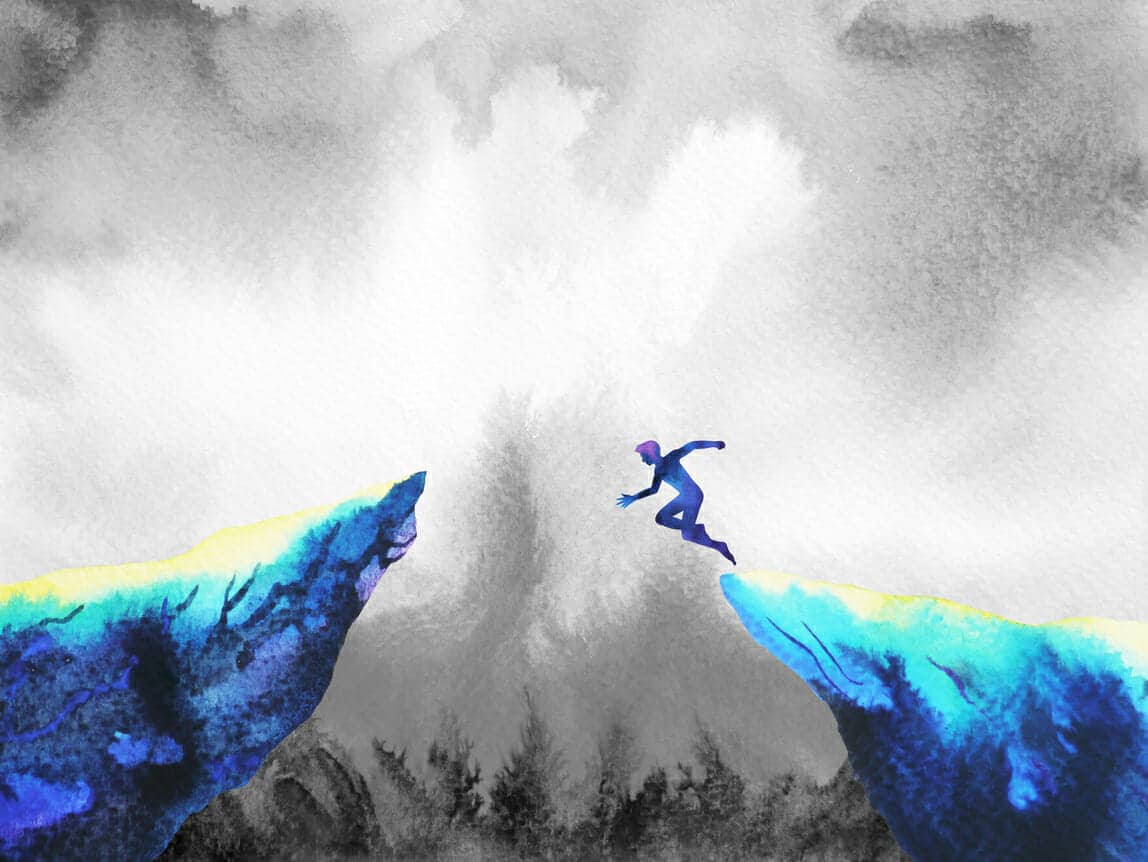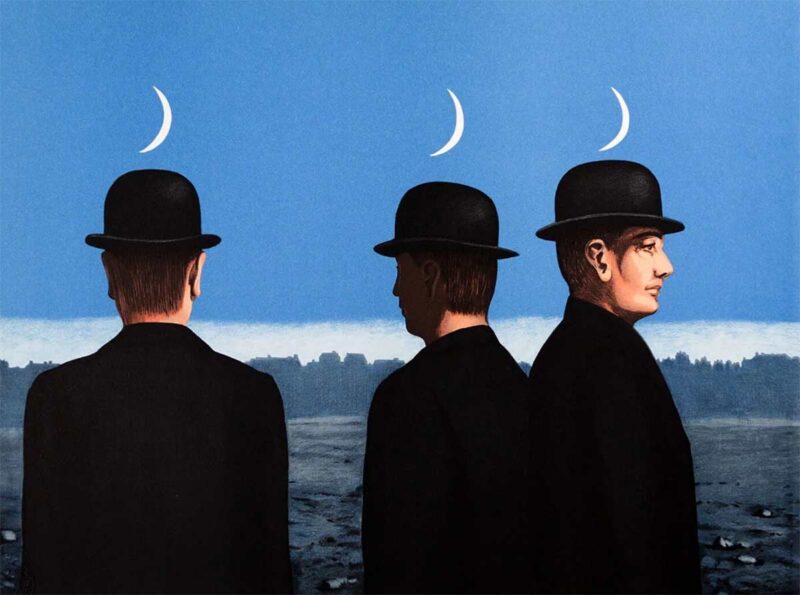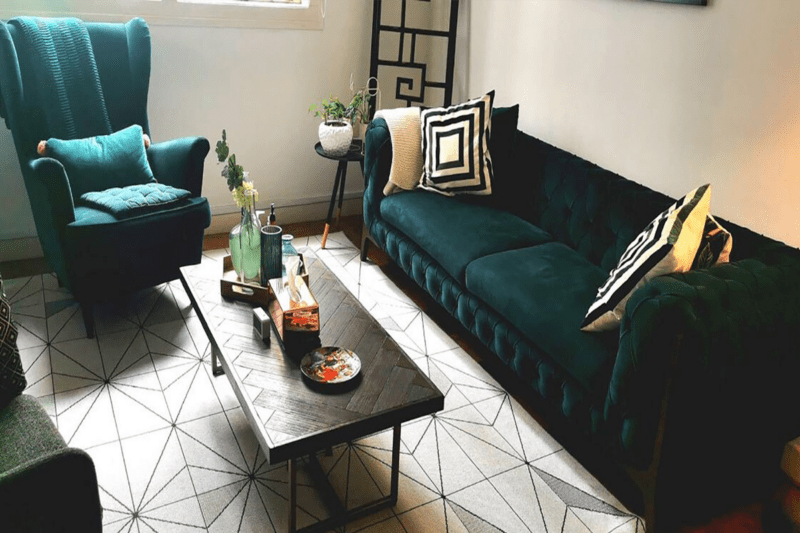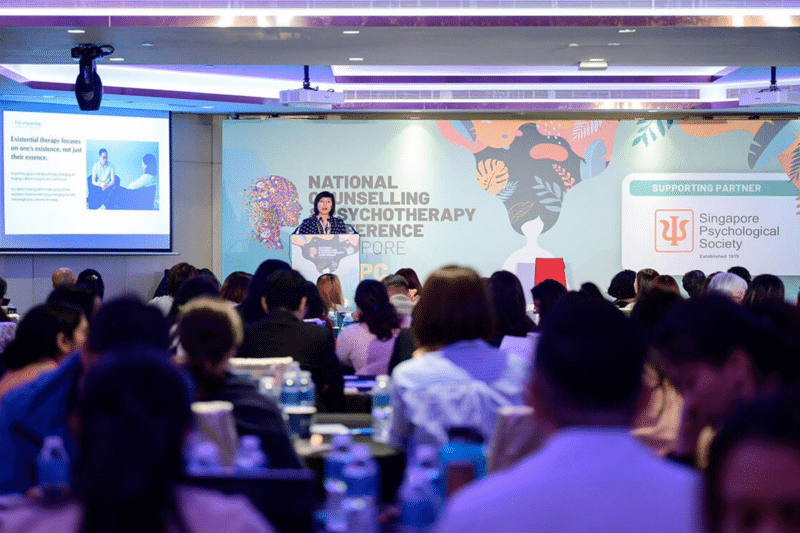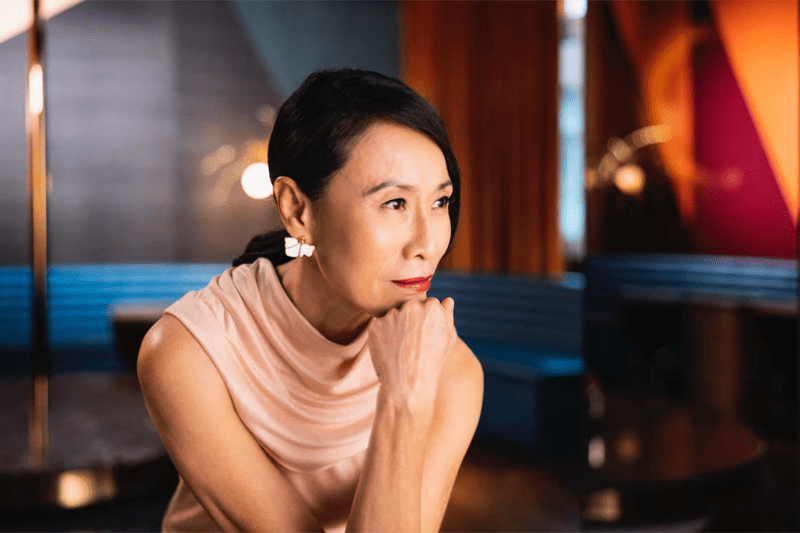These days, we hear many people talk about feeling bored, tired or even anxious in their lives but not knowing why despite having a comfortable lifestyle. The struggle to experience our life as meaningful or to feel we are living other people’s lives rather than on our own terms can be destructive. It negatively affects our relationships with our loved ones, motivation at work and our self-esteem. It makes us question, what is my purpose in living? Where am I going with my life? What would make me feel alive?
These people could even be you.
An existential crisis is not a bad thing
When you start asking questions relating to your freedom to make choices for yourself how your job is contributing to life satisfaction, whether your decisions will lead to regret in the future or why you are often feeling anxious or guilty over decisions you have or have not made,you are facing your existence in the eye. These are signs of an existential crisis. It can be triggered by events like relationship breakdowns, deaths, retrenchment, burnout, life transitions and more.
Some of us have resources to deal with it and others struggle to live with it. However, an existential crisis is not necessarily a bad thing. Feelings of anxiety or depression could be a sign that we are not living purposefully enough or we are not looking after ourselves emotionally, physically or psychologically. It may spur us to think more creatively about what we want to be remembered for at the end of our lives and subsequently act towards it. It is when we ignore an existential crisis, hoping that it will eventually go away, that would lead to us feeling an intensifying sense of deadness within us.
What you can do
Fortunately, going through an existential crisis is not the end of the road. There are three steps we can take to help us.
1.Acknowledge that the awareness of an existential crisis is a sign that you are getting in touch with what it means to be human. It is part of the human condition to feel anxious around uncertainty and there is nothing wrong with you.
2.Allow yourself to feel the struggle without analysing it in your head. Avoiding it through distraction or denial may only make uncomfortable emotions more intense. At times, if you are able to stay and honour your feelings, answers to what is important to you and the available choices in your life may surface.
3. This process of staying with uncomfortable feelings is not always easy for all of us. This is when, lastly, seeing a counsellor/therapist trained in existential therapy helps. He/she is trained in facilitating a non-prescriptive exploration of your struggles and will help you to build resources so that you can better develop yourself in your personal and professional life.
Other benefits of going through counselling include: 1. identifying and better accepting the inevitable paradoxes in our lives; 2. learning to accept challenging and limiting circumstances; 3. being able to identify choices and becoming more responsible for ourselves when we feel stuck; and 4. becoming more authentic to ourselves.
In reaping these benefits, it is hoped that you can smile on your deathbed knowing that you have conquered your existential crisis and lived a meaningful life according to your beliefs, values and principles.
About the Author
Hi, I'm Mag: a UKCP-accredited counselling psychologist and founder of Singapore’s first ever existential practice. My care philosophy is not to diagnose, label, or categorise but rather to work with the individual in front of me in the here and now.
My clinical credentials certainly play a significant role in defining my professional identity. But to foster a deeper connection and authenticity, I invite you to discover my other “Selves”, the various facets of who I am.

